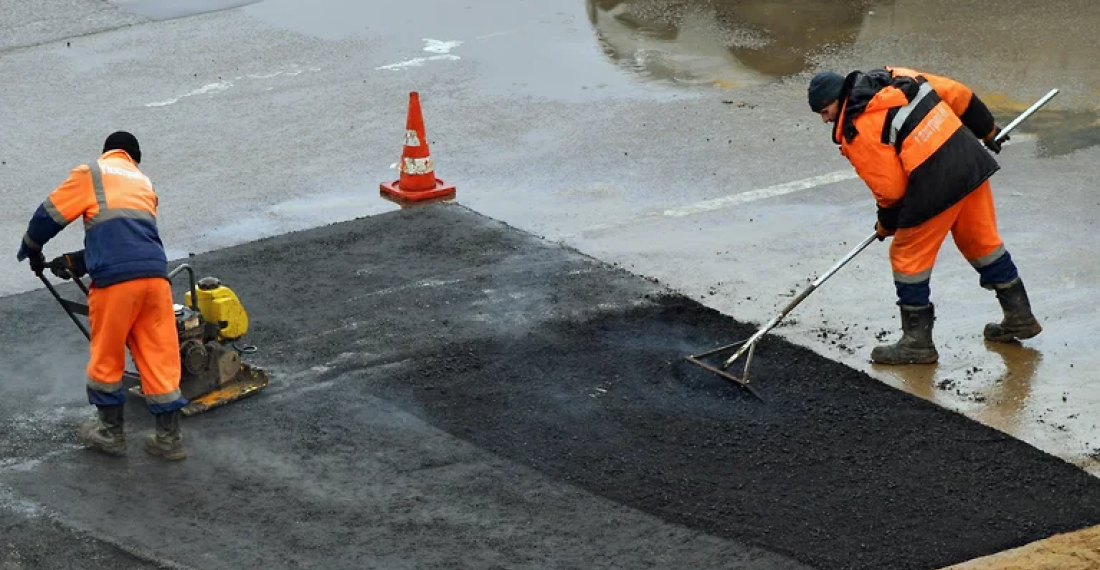The Russian parliament has postponed the construction of some key roads in the country due to a lack of money, reported Kommersant on Monday (23 January).
After reviewing the "Highway Operations Plan for 2023-2027", Kommersant found that a number of key road construction projects have been postponed, some to as late as 2027. Many road-building projects that were supposed to commence construction in the coming years have now only had money allocated for their design and planning.
For example, authorities had intended to start allocating money for the construction of the Orekhovo-Zuyevo bypass in the Moscow region in 2025, but now only the design phase will begin as late as 2026. Consequently, its funding has been reduced from 20.5 billion rubles (€275 million) to 1.5 billion rubles (€20.1 million).
The planned southern Krasnodar bypass has suffered a similar fate, with its funding being slashed from 28.9 billion rubles (€387 million) to only 1.5 billion. The future of a second ringroad around Saint Petersburg is also uncertain, with its design phase being pushed back from 2025 to 2027.
The proposed "Meridian" highway stretching from the Kazakh border to the Belarusian border, as well as a proposed road to the south-west linking Yekaterinburg, Samara and Krasnodar, have also been limited to only the planning phase. Their budgets have subsequently been slashed from 15.3 billion rubles (€205 million) to 4 billion rubles (€53.6 million).
The original Kommersant article can be read in Russian here.
source: commonspace.eu with Kommersant
photo: Kommersant, Gleb Shchelkunov






